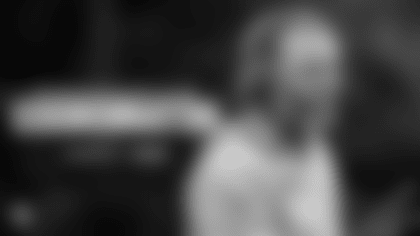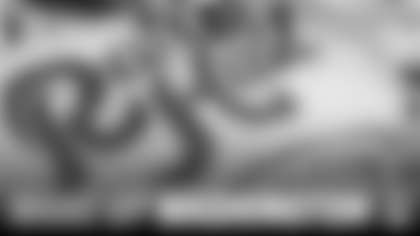The Washington Commanders dropped their third loss of the season at the hands of the Chicago Bears on Thursday Night Football, 40-20. Here are five takeaways from the matchup, presented by the Maryland Lottery.
1. There were too many explosive plays.
Allowing explosive plays has been a problem for the defense since the start of the season, and the issue persisted on Thursday Night Football against an offense that generally struggled through the first four games.
Chicago's opening drive was a precursor for what was to come. It looked as if the Commanders were going to get an early three-and-out, which is what needed to happen when playing a team that until recently had trouble putting points on the board. But rather than force a punt, the Commanders allowed DJ Moore, who finished with a career-high 230 yards, to get behind them for a 58-yard score.
Of the Bears' 11 drives, their offense had a play of at least 20 yards on six of them. There was the 34-yard run by Khalil Herbert on the Bears' second drive, which put them at the Commanders' 13. Then, with the score at 10-0, Moore got loose on a 39-yard reception, which lead to the second touchdown five plays later.
There was the 23-yard catch by tight end Cole Kmet, which was part of a 13-play, 57-yard scoring drive that made the score 20-7. That was followed by yet another explosive play from Moore -- a 32-yarder. And there was the play that effectively put the game away: a 56-yard catch-and-run from Moore that put the Bears up 37-20.
There were moments when the defense played well, as there have been all season, but until Washington finds a way to stop getting gashed, it'll be difficult to put itself in advantageous situations.
Check out the best photos of the Washington Commanders during their Week 5 primetime matchup against the Chicago Bears. (Photos by Emilee Fails and Kourtney Carroll/Washington Commanders)



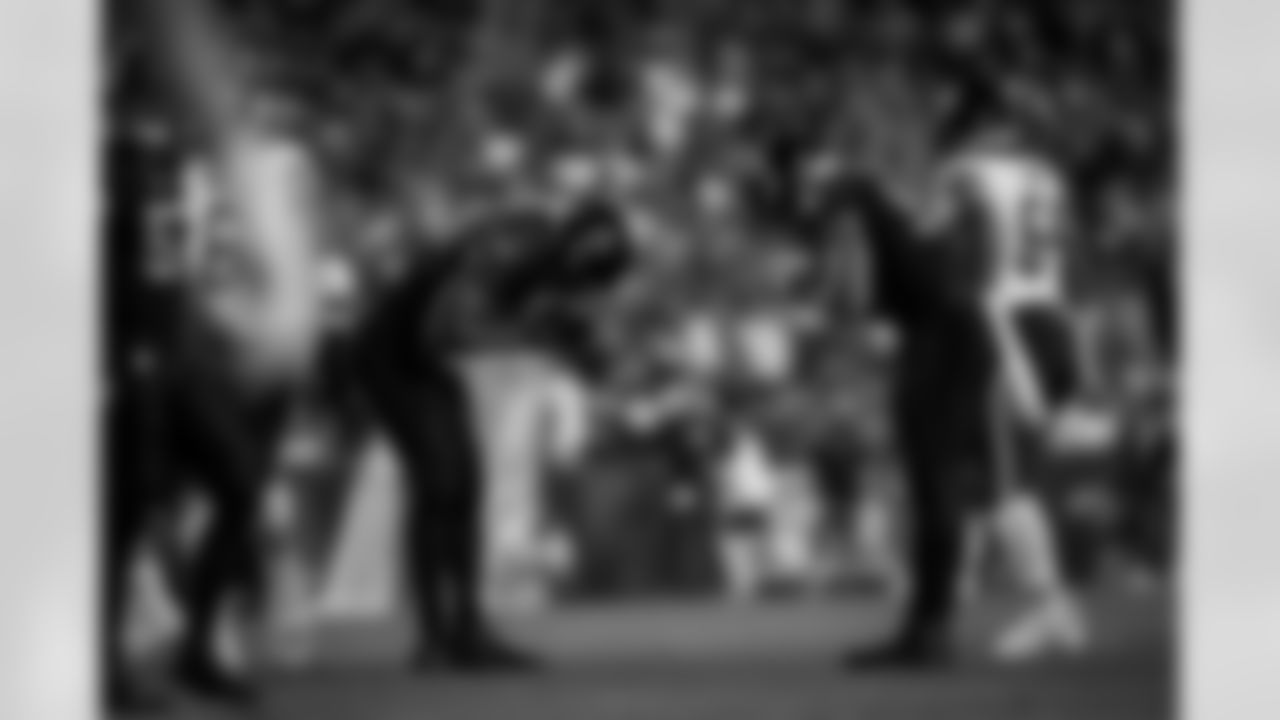










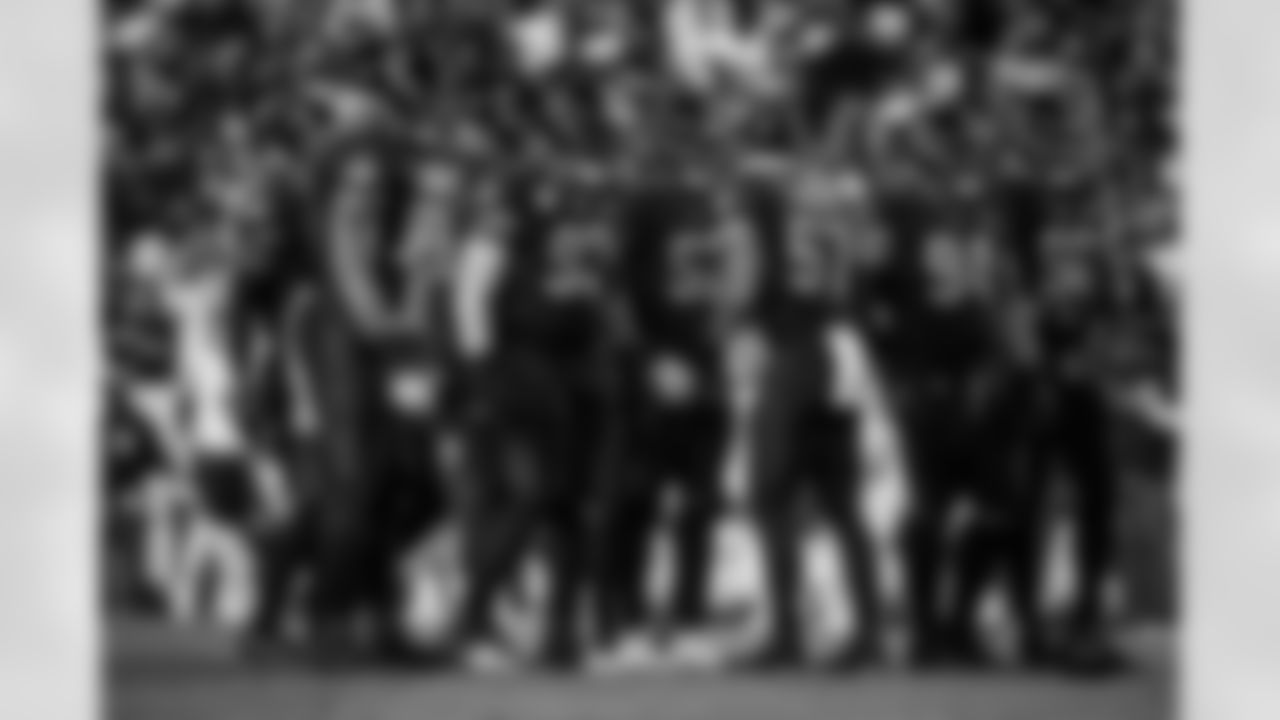





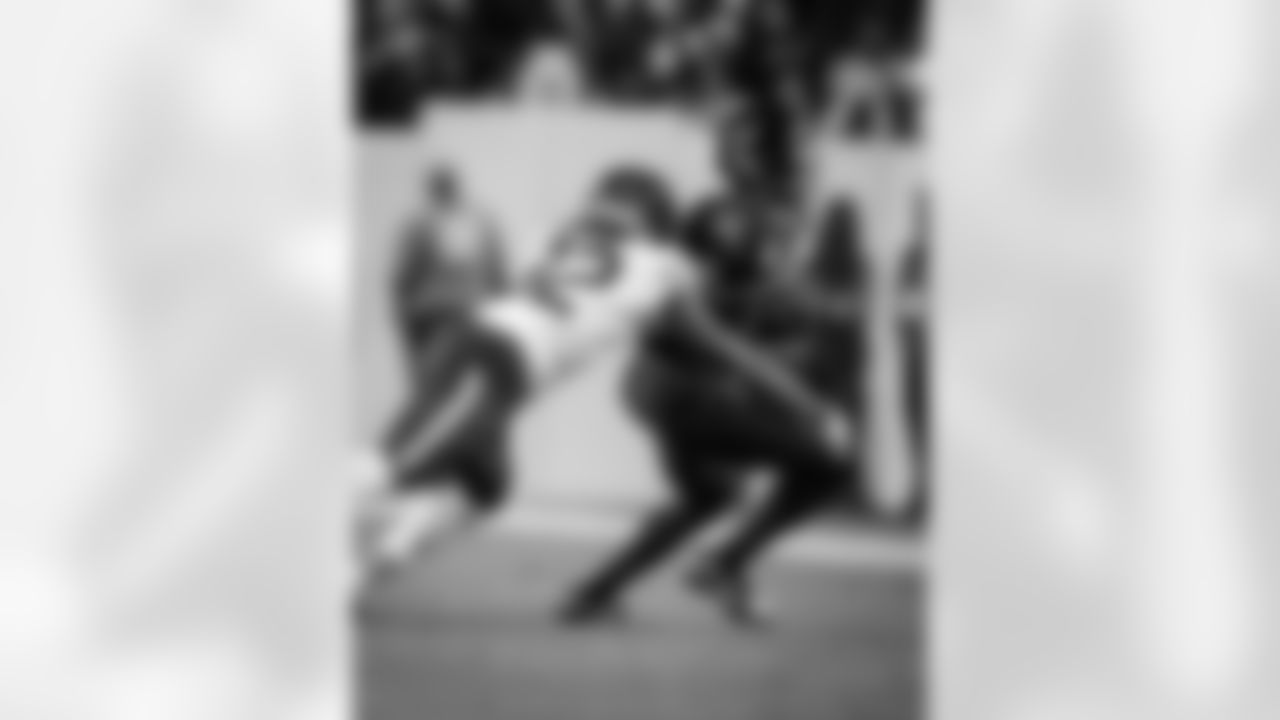
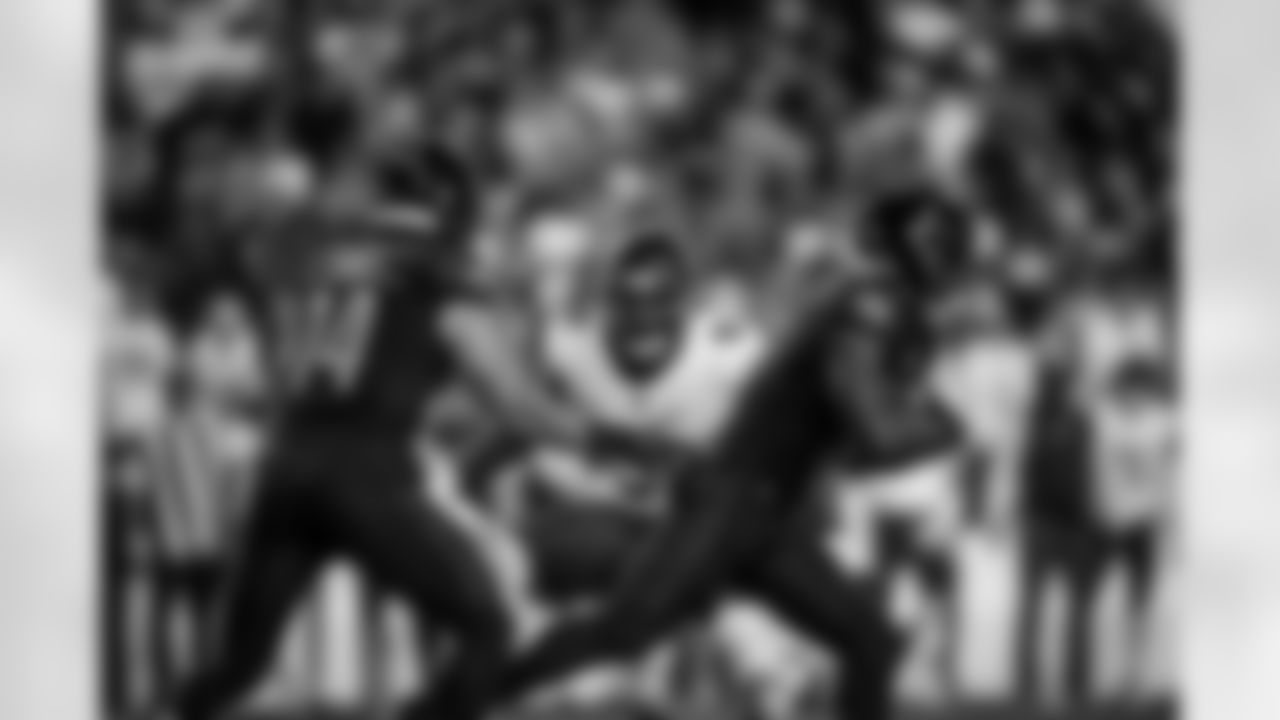

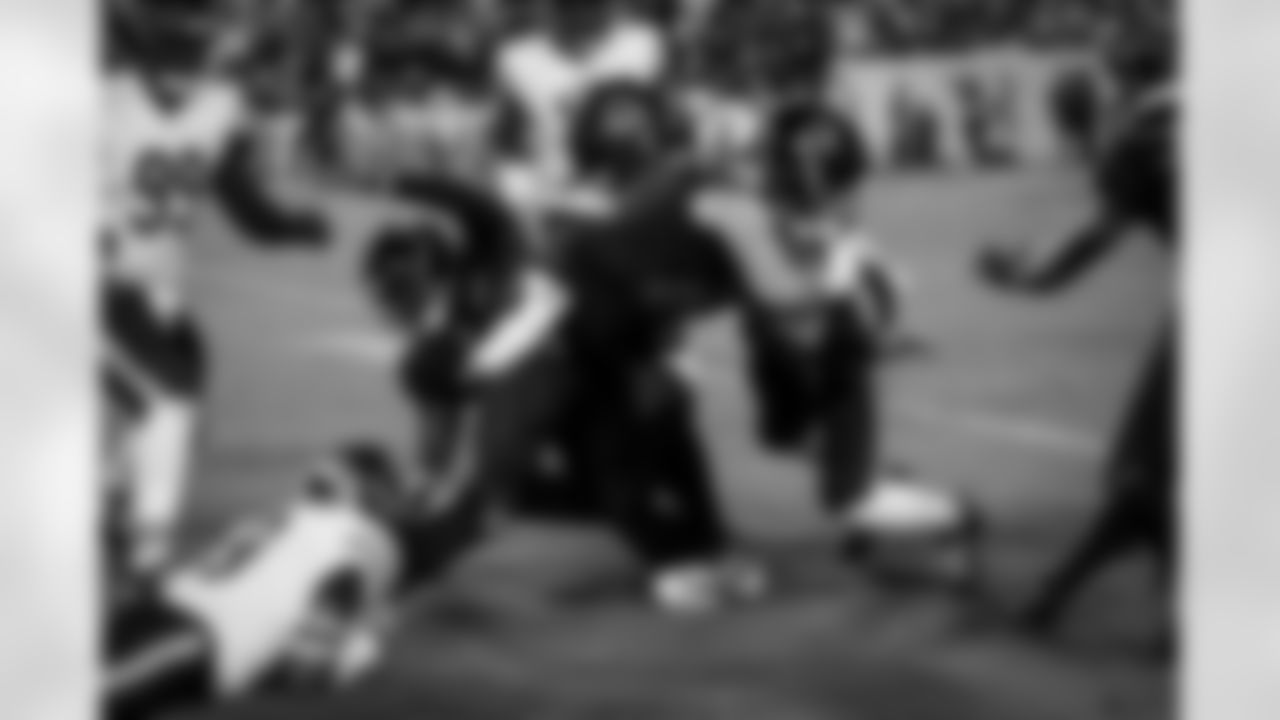
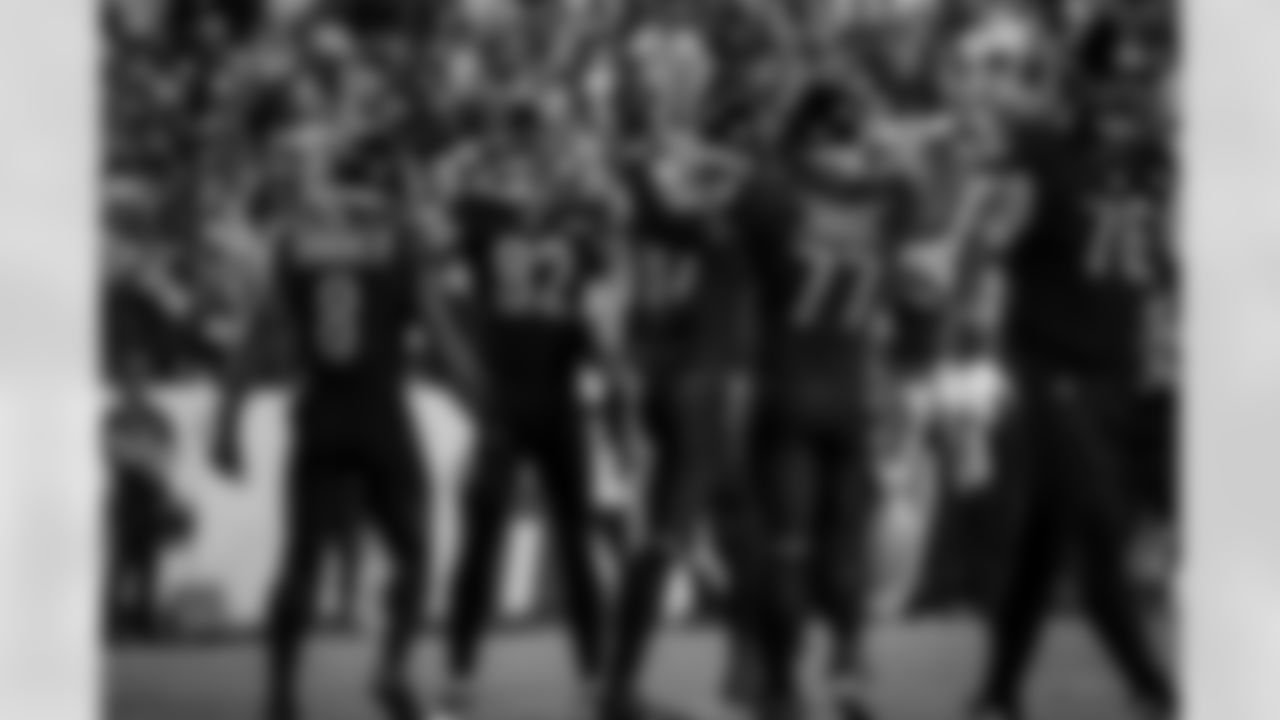
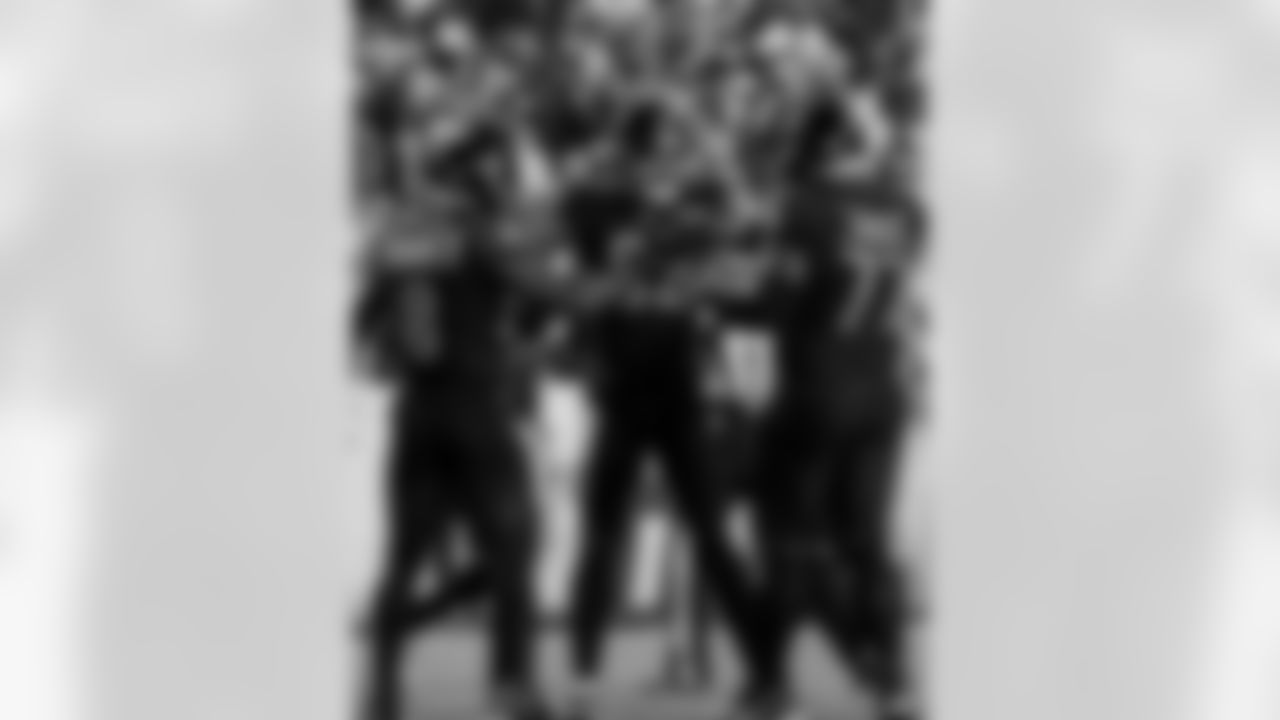
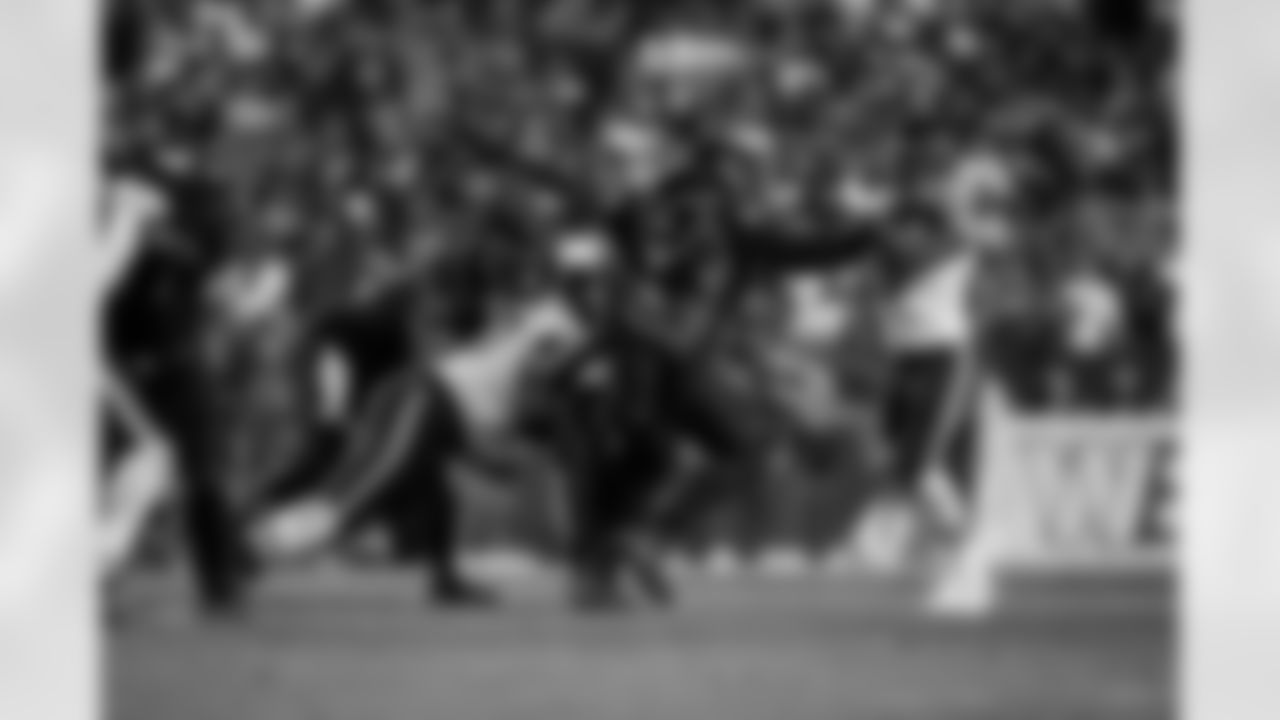
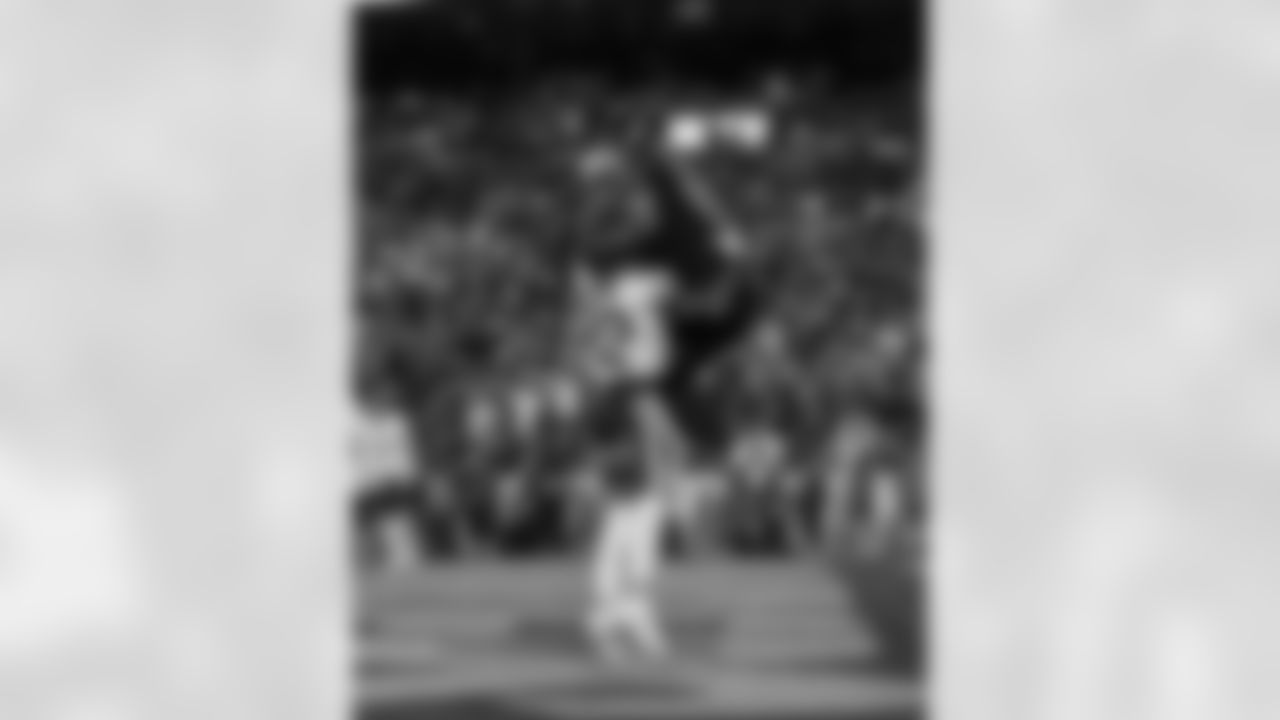
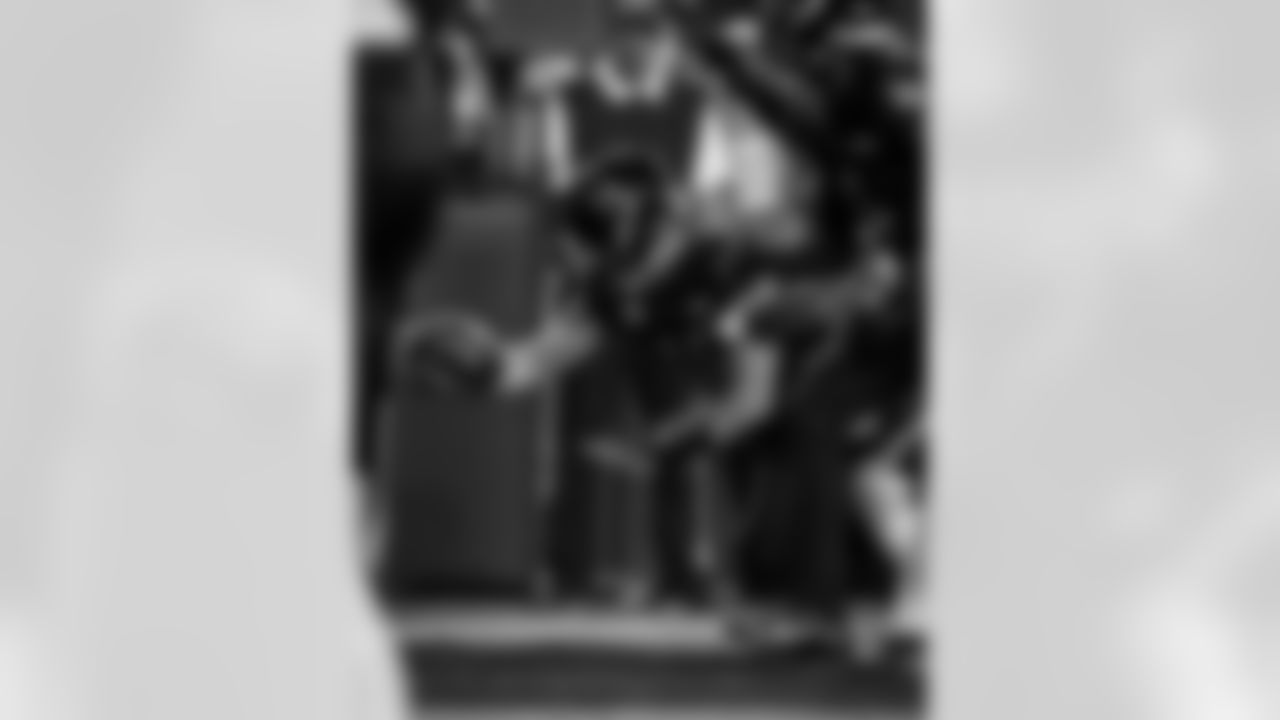




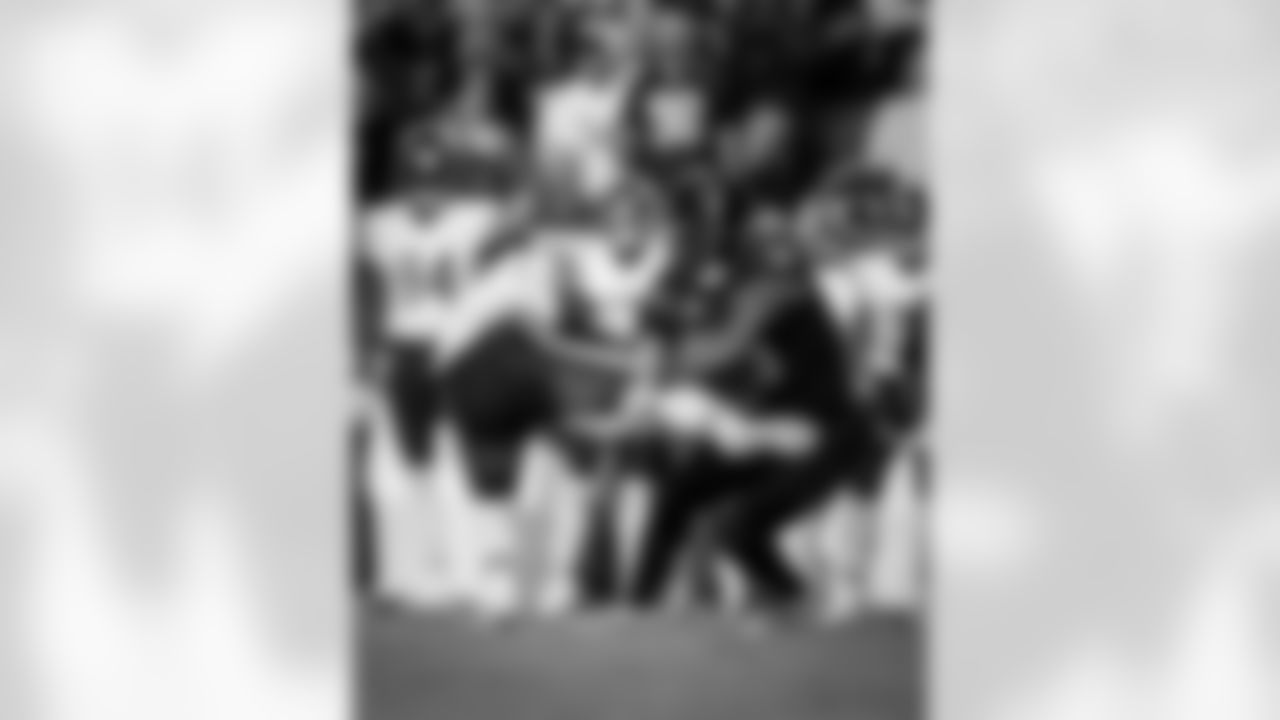
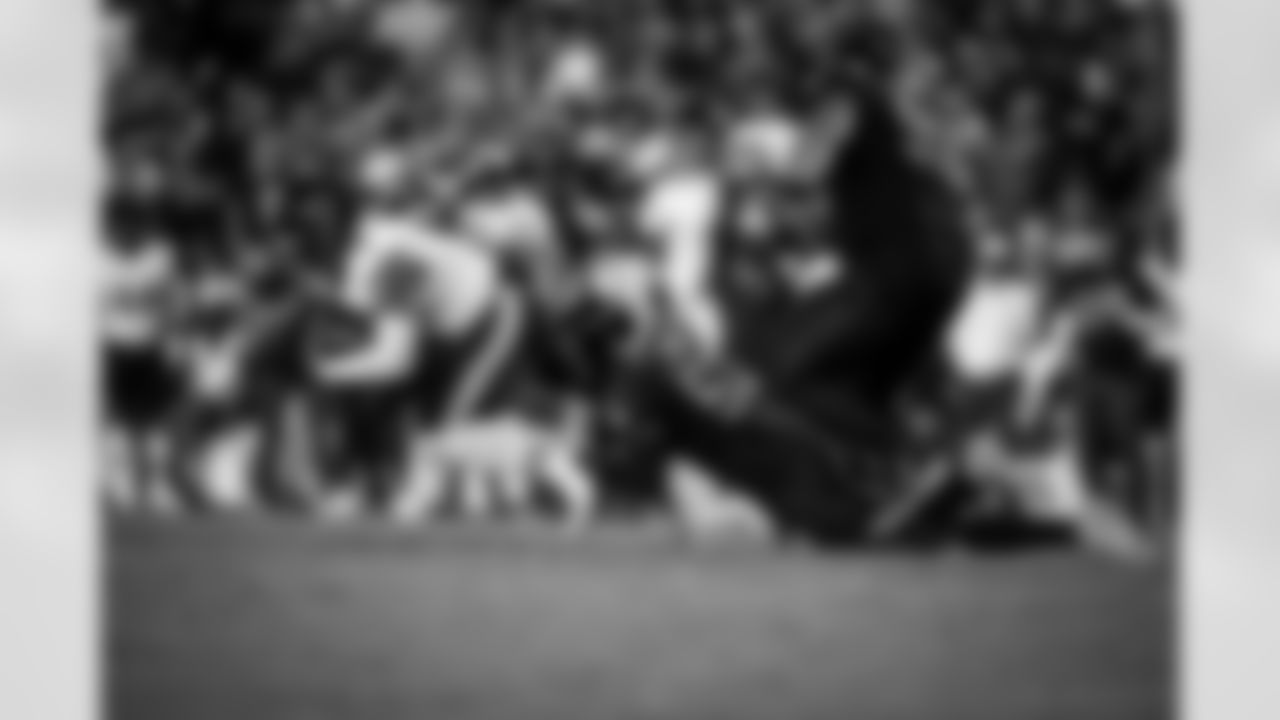

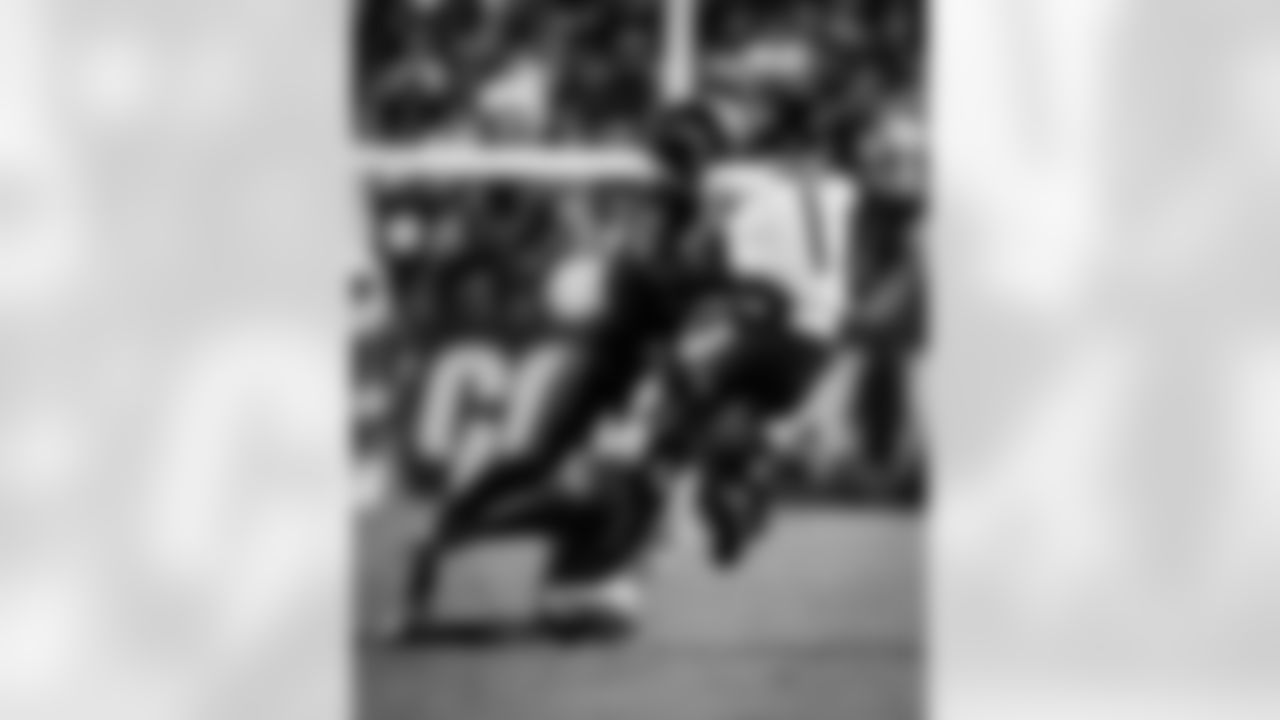
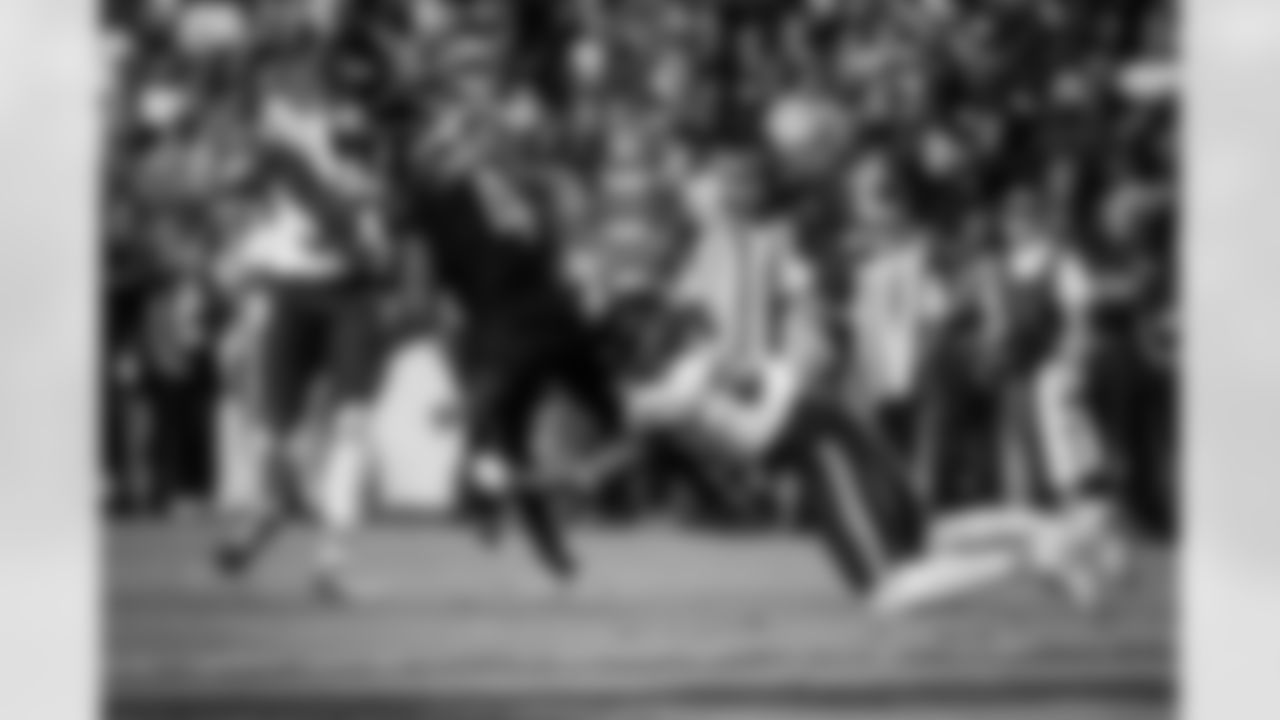


2. The costly turnovers, and a struggle to create them.
As Washington's deficit grew by the drive, its margin for error dwindled. The two turnovers they had weren't the daggers that killed their comeback hopes, but they were certainly mortal wounds that made things even more difficult.
The first was one of the only blemishes on what was statistically a career day for Sam Howell, who completed 73% of his passes for 388 yards. The Bears had just taken a 20-3 lead, but with the Commanders' history of putting together solid two-minute drives, plus the fact that they got the ball back to start the third quarter, there was a chance that Washington could pull itself out of an ugly start.
On the first play of the drive, Howell forced a pass to Curtis Samuel, and it was picked off by Greg Stroman at the Commanders' 36-yard line. Chicago scored a touchdown six plays later.
The next came after the Commanders had scored their first touchdown and gotten a two-point conversion to make things 27-11. Logan Thomas coughed up the ball while fighting for extra yardage, and the Bears were quick to pounce on it. On the surface, it didn't look like the Commanders were hurt that badly from the fumble; after all, they were able to get the ball back after a three-and-out. But every second is precious when fighting back from a four-score deficit, and the Commanders could have used that extra 1:04 to continue building momentum.
Then there's the issue of Washington failing to force turnovers themselves, which was supposed to be a priority this offseason. It wasn't necessarily for a lack of effort; on Moore's 56-yard touchdown, Kendall Fuller did try to intercept the pass from Justin Fields. The problem is that, for one reason or another, Washington simply didn't execute.
3. Too little, too late on offense.
Washington didn't give up in the second half. They put together a valiant effort that perhaps adds more hope for Howell's development.
The offense started the third quarter looking like the unit that took the Philadelphia Eagles to overtime last Sunday. They breezed down the field on five plays -- it also didn't hurt that a defensive pass interference call on Terry McLaurin put the Commanders at the Bears' 2-yard line -- and scored on a two-point conversion.
The fumble was a stumble for the offense, but it found its footing again after a 41-yard catch by Antonio Gibson. That led to a 32-yard field goal, and after the Bears responded with a field goal of their own, Howell found Samuel on third-and-goal to make the score 30-20.
The problem is that Washington took far too long to get going on offense. The Commanders opened the game with back-to-back three-and-outs, gaining just seven yards in the first quarter. Meanwhile, the Bears scored on all five of their drives in the first half.
It seems like the offense can function at times, and when it does, it can be an exciting, potent unit. However, if it continues to struggle with slow starts, then playing from behind will become the norm.
4. The Bears found ways to stay on the field.
While the Commanders' offense struggled to stay on the field, the same could not be said for the Bears, who converted a season-high seven third downs.
It seemed like the Bears were at their best on third down. Several of their biggest plays, like the 58-yard reception and 20-yard touchdown, came in such situations. In the first half, when the Bears' offense was at its best, they converted six of their nine third downs and scored touchdowns on two of them.
Another example of just how efficient the Bears were came in the final two minutes of the first half. On a third-and-7, the Bears ran the ball up the middle of the Commanders' defense. Herbert picked up 16 yards on the play, and about a minute later, the Bears scored their third touchdown.
The defense did force the Bears to punt eventually, but like the offense, it needs to figure out how to start faster in games.
5. A time for reflection.
Howell said after the game that there are 12 games left on the schedule for them to get back on track. He's right, but it's also true that Washington needs to rebound quickly.
Theoretically, if there's any point on the schedule for the Commanders to fix their issues, this would be the time to do it. Next up are the Atlanta Falcons, who have had their own ups and downs as a team to start the year, followed by the New York Giants, a rematch with the Eagles and two road matchups against the New England Patriots and Seattle Seahawks. It would seem like Washington has a shot to win in all of those matchups.
However, the problems the Commanders have -- the slow starts, allowing explosive plays and a lack of creating turnovers -- are glaring issues that need to be addressed soon. There is talent on the Commanders' roster -- it's hard to dispute that -- but mistakes and missed minor details overshadow that at critical moments.
So, yes, the Commanders do have 12 games left, but to sum up McLaurin thoughts in the locker room after the loss, the Commanders need to decide what that means. It can either be a long season, or they can fight out of this hole they've put themselves in to stay competitive in the final stretch of the season, just as they have done in years past.







